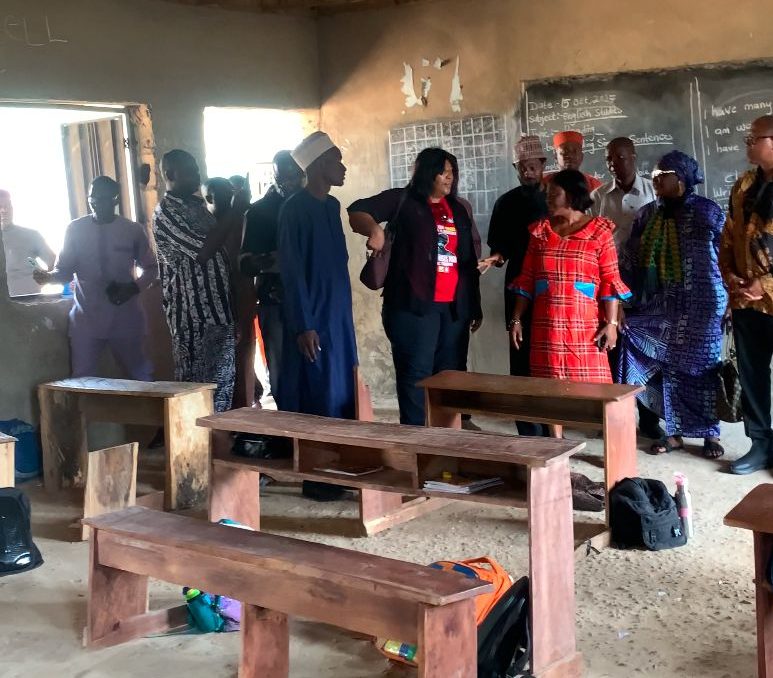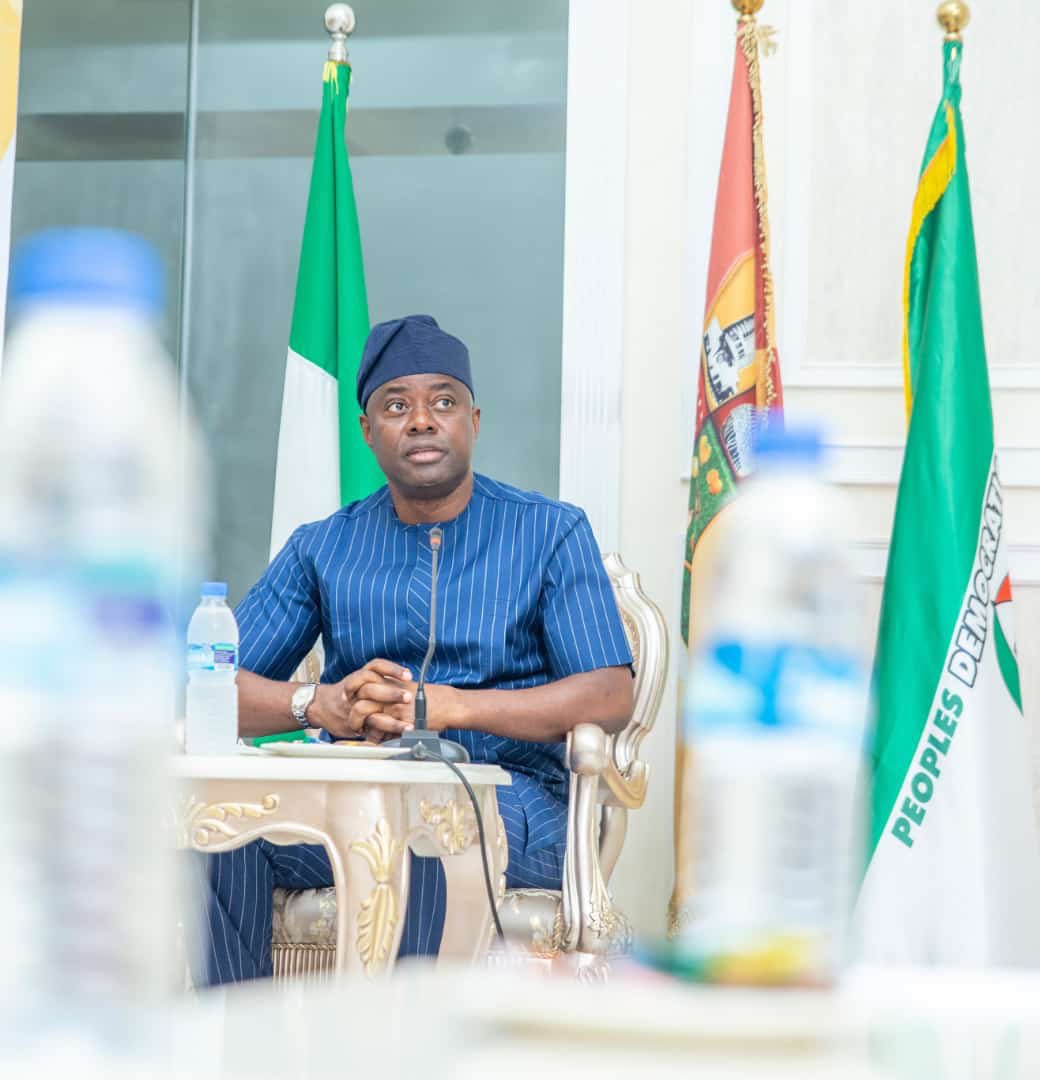As Nigeria joined the rest of the world to commemorate International White Cane Day on October 15, the Accesstech Innovation and Research Centre has called for stronger policies and social commitment towards improving accessibility and inclusion for blind and visually impaired persons across the country.
The global observance, recognised by the United Nations and established by the World Blind Union, highlights the white cane as an enduring symbol of independence, safety, and dignity for people with visual disabilities.
Speaking in Lagos, the Chief Executive Officer of Accesstech Innovation and Research Centre, Mr Opeolu Stephen Akinola, said the white cane remains a vital tool of empowerment for millions of people.
“The white cane represents empowerment and visibility,” Akinola said. “It tells the world that blind persons have the right — and the ability — to move independently and safely wherever they go.”
He explained that beyond serving as a mobility aid, the white cane is a critical safety instrument that allows users to detect obstacles, navigate uneven terrain, and move confidently through public spaces. Variations of the cane, including symbol canes for partially sighted users and guide canes for mobility support, cater to different levels of visual impairment.
In recent years, technological innovation has led to the introduction of smart canes, equipped with sensors, GPS, lights, and sound alerts — turning the traditional cane into a more advanced navigation device.
Mr Akinola also urged members of the public to show respect and understanding when interacting with visually impaired persons.
“Always ask before offering help,” he advised. “Never grab or hold a person’s cane. Let them fold it or hold it while you offer your arm for guidance. Respect is the foundation of true assistance.”
Accesstech Innovation used the occasion to call for greater enforcement of accessibility standards in urban design, transportation, and public infrastructure. According to the organisation, inadequate facilities remain a major barrier to mobility and independence for persons with disabilities in Nigeria.
“Accessibility benefits everyone,” Akinola added. “When we design cities where blind people can move confidently, we build safer, more inclusive communities for all.”
The centre noted that International White Cane Day serves not only as a celebration of resilience but also as a reminder of the shared responsibility to create environments that uphold the principles of dignity, equality, and inclusion.






